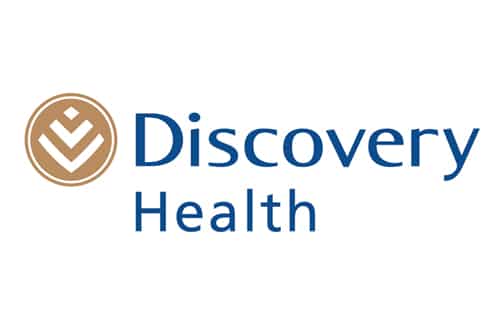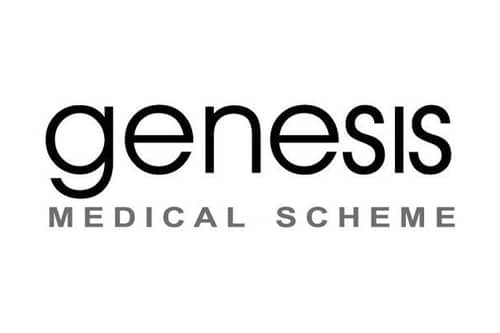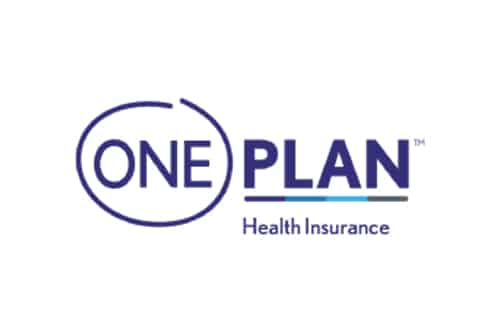Colonoscopy
Colonoscopy: A Vital Diagnostic and Preventive Procedure
Colonoscopy is a crucial medical procedure used for the visualization and examination of the colon and rectum. It plays a significant role in diagnosing various gastrointestinal conditions, detecting colorectal cancer, and preventing its development through the removal of precancerous polyps. This comprehensive guide explores the significance of colonoscopy, its procedure, indications, benefits, potential risks, and references for further reading.
1. The Importance of Colonoscopy
Colonoscopy is an essential tool in gastroenterology and oncology, providing a comprehensive view of the entire colon and rectum. It offers valuable insights into various conditions, including inflammatory bowel disease, diverticular disease, and colorectal cancer. Furthermore, it serves as a preventive measure by identifying and removing precancerous polyps, ultimately reducing the risk of developing colorectal cancer.
2. The Colonoscopy Procedure
Preparation: Before the procedure, patients are required to cleanse their bowels by following specific dietary restrictions and taking bowel-clearing medications.
Anesthesia: Colonoscopy is performed under sedation or anesthesia to ensure patient comfort.
Insertion of Colonoscope: A flexible tube with a camera at its tip, called a colonoscope, is inserted through the anus and gradually advanced through the colon.
Visualization and Examination: As the colonoscope is advanced, the physician examines the lining of the colon and rectum in real-time, looking for abnormalities such as polyps, ulcers, or inflammation.
Biopsy and Polyp Removal: During the procedure, biopsies may be taken if suspicious areas are detected. Additionally, if polyps are found, they can be removed through the colonoscope to prevent potential cancer development.
3. Indications for Colonoscopy
Colonoscopy is recommended for individuals who:
Are at Risk for Colorectal Cancer: Individuals aged 45-50 and older, those with a family history of colorectal cancer, and those with certain genetic conditions may need regular colonoscopies for early detection.
Experience Gastrointestinal Symptoms: Symptoms like unexplained changes in bowel habits, rectal bleeding, abdominal pain, or weight loss may warrant a colonoscopy to investigate underlying causes.
Have a Positive Fecal Occult Blood Test (FOBT): A positive FOBT result suggests the presence of blood in the stool, which may indicate the need for further evaluation through colonoscopy.
4. Benefits of Colonoscopy
Early Detection: Colonoscopy can detect colorectal cancer at an early stage when treatment is most effective.
Polyp Removal: Precancerous polyps can be removed during the procedure, reducing the risk of cancer development.
Diagnostic Accuracy: Colonoscopy provides direct visualization of the colon, allowing for accurate diagnosis of various gastrointestinal conditions.
5. Potential Risks and Considerations
While colonoscopy is generally safe, potential risks include:
Perforation: In rare cases, the colon wall can be perforated during the procedure.
Bleeding: Biopsies and polyp removals can result in minor bleeding.
Reaction to Sedation: Some individuals may experience adverse reactions to sedation or anesthesia.
6. References for Further Reading
Rex, D. K., Boland, C. R., Dominitz, J. A., Giardiello, F. M., Johnson, D. A., Kaltenbach, T., … & Robertson, D. J. (2017). Colorectal cancer screening: recommendations for physicians and patients from the US Multi-Society Task Force on Colorectal Cancer. The American Journal of Gastroenterology, 112(7), 1016-1030.
Lieberman, D. A., Rex, D. K., Winawer, S. J., Giardiello, F. M., Johnson, D. A., Levin, T. R., … & Schoenfeld, P. (2012). Guidelines for colonoscopy surveillance after screening and polypectomy: a consensus update by the US Multi-Society Task Force on Colorectal Cancer. Gastroenterology, 143(3), 844-857.
Fockens, P., & Kuipers, E. J. (2010). Virtual colonoscopy in colorectal cancer screening. Best Practice & Research Clinical Gastroenterology, 24(4), 471-478.
Telford, J. J., Levy, A. R., Sambrook, J. C., Zou, D., Enns, R. A., & Panaccione, R. (2010). The cost-effectiveness of screening for colorectal cancer. Canadian Journal of Gastroenterology and Hepatology, 24(8), 517-526.
Rex, D. K. (2013). Colonoscopy: techniques and emerging technologies. Gastroenterology, 144(2), 209-217.
Conclusion
Colonoscopy stands as a vital procedure in the fields of gastroenterology and oncology, enabling the direct visualization and examination of the colon and rectum. It is instrumental in diagnosing various gastrointestinal conditions, detecting colorectal cancer at an early stage, and preventing its development through the removal of precancerous polyps. By understanding the procedure, indications, and potential benefits, individuals can make informed decisions about their health and well-being. Regular screening and timely colonoscopy can contribute significantly to the early detection and successful management of colorectal conditions, ensuring better outcomes and improved quality of life.


































